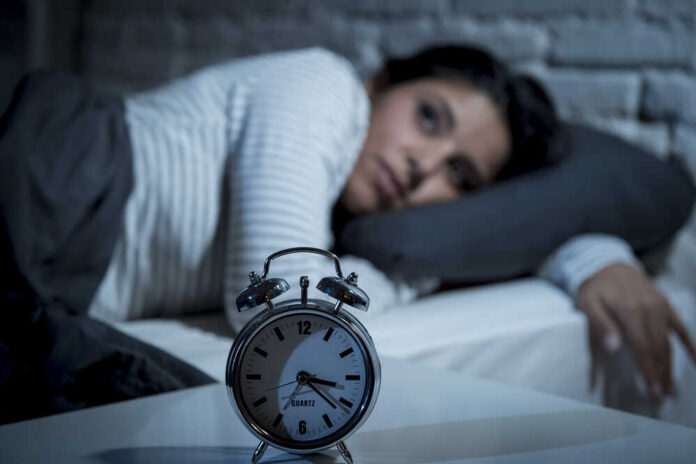
Difficulty falling asleep is extremely common. The average healthy adult takes 10 to 20 minutes to truly nod off, although a large portion of people take much longer.
This inability to fall asleep swiftly each night has consequences:
- Accumulated sleep debt from extended wake time nibbles away at your sleep duration. Even losing a few minutes nightly adds up.
- Tossing and turning in bed conditions your mind to associate the bedroom with frustration.
- Anxious thoughts surrounding sleeplessness become a self-fulfilling prophecy.
- Lying awake can trigger your fight-or-flight response, making resting even harder.
Mastering the ability to fall asleep quickly ensures you maximize your sleep duration and begin each night in a fully relaxed state so you reap the full restorative benefits. You can learn to do this.
Optimize Your Sleep Environment
Your bedroom should be cool, completely dark, and free of noise or interruptions. Invest in blackout curtains, a comfortable mattress, breathable linens, a white noise machine, or ear plugs.
Keep electronic screens out and move visible clocks out of sight where you won’t stare at them anxiously.
Reserve the bedroom only for sleep and intimacy so your mind associates it with rest.
An optimal sleep environment primes your body for rapid relaxation.
Establish a Restful Evening Routine
In the evening hours, you’ll need to have set routines that prime your body’s natural transition to sleepiness. Exposure to daylight earlier in the day, avoiding stimulants in the evenings, eating lighter dinners, and sticking to consistent bedtimes — these will help ensure your circadian rhythm is correctly attuned to your schedule.
One or two hours before bed, start dimming lights and transitioning into relaxation mode by limiting digital stimulation, exercise, heavy meals, and bright lighting. Take a warm bath or shower, sip herbal tea, listen to calming music, or read fiction.
Do some gentle mindful movements, such as stretching or yoga.
If something is weighing on your mind, it’ll help to spend a few minutes meditating, visualizing, or simply writing down your thoughts in a notebook or journal.
Practice Progressive Muscle Relaxation
Progressive muscle relaxation is proven to induce sleep by gradually releasing tension throughout your body.
- Take a few deep breaths to begin relaxing.
- Tense your toes and feet for one slow inhalation, about 5-10 seconds.
- Release the tension in your feet, feeling them relax as you breathe out.
- Tense your leg muscles next, holding for deep breath in.
- Release the tension, feeling your leg muscles soften and loosen as you exhale slowly.
- Repeat for each muscle group working up your body — tighten as you breathe in, hold, release.
- Tense your abdominal muscles. Release.
- Tighten your back and chest muscles. Release.
- Tense your fingers into a fist. Release.
- Flex your arms by pressing your hands down. Release.
- Lift your shoulders up to tense trapezius muscles. Release.
- Tense your neck by pressing your chin down slightly. Release.
- Tighten your jaw muscles by opening your mouth wide. Relax jaw.
- Scrunch facial muscles up. Smooth face muscles out.
- Tense your scalp by raising eyebrows high. Relax scalp.
- Go through every muscle group you can find. Flex, and relax.
This head-to-toe progressive muscle relaxation sequence disengages your fight-or-flight system and eases you into sleep.
Practice regularly to condition your body to associate it with falling asleep swiftly.
When To Get Professional Help
Don’t force it — remind yourself there is no pressure and let go of trying to control the process. Be patient and consistent. Reprogramming your body and mind for quick sleep onset takes practice. But optimizing your sleep environment, habits, and mental approach positions you for success.
If you apply these methods for several weeks and still struggle significantly with falling asleep, consult with your doctor, a sleep specialist, or even a mental health professional. They can assess for underlying health issues interfering with sleep and provide personalized treatment recommendations.
With dedication to proper sleep hygiene habits and relaxation techniques, falling asleep in under 120 seconds is an achievable skill for most adults. Master rapid sleep onset and maximize your nights of healthy, restorative slumber.






















